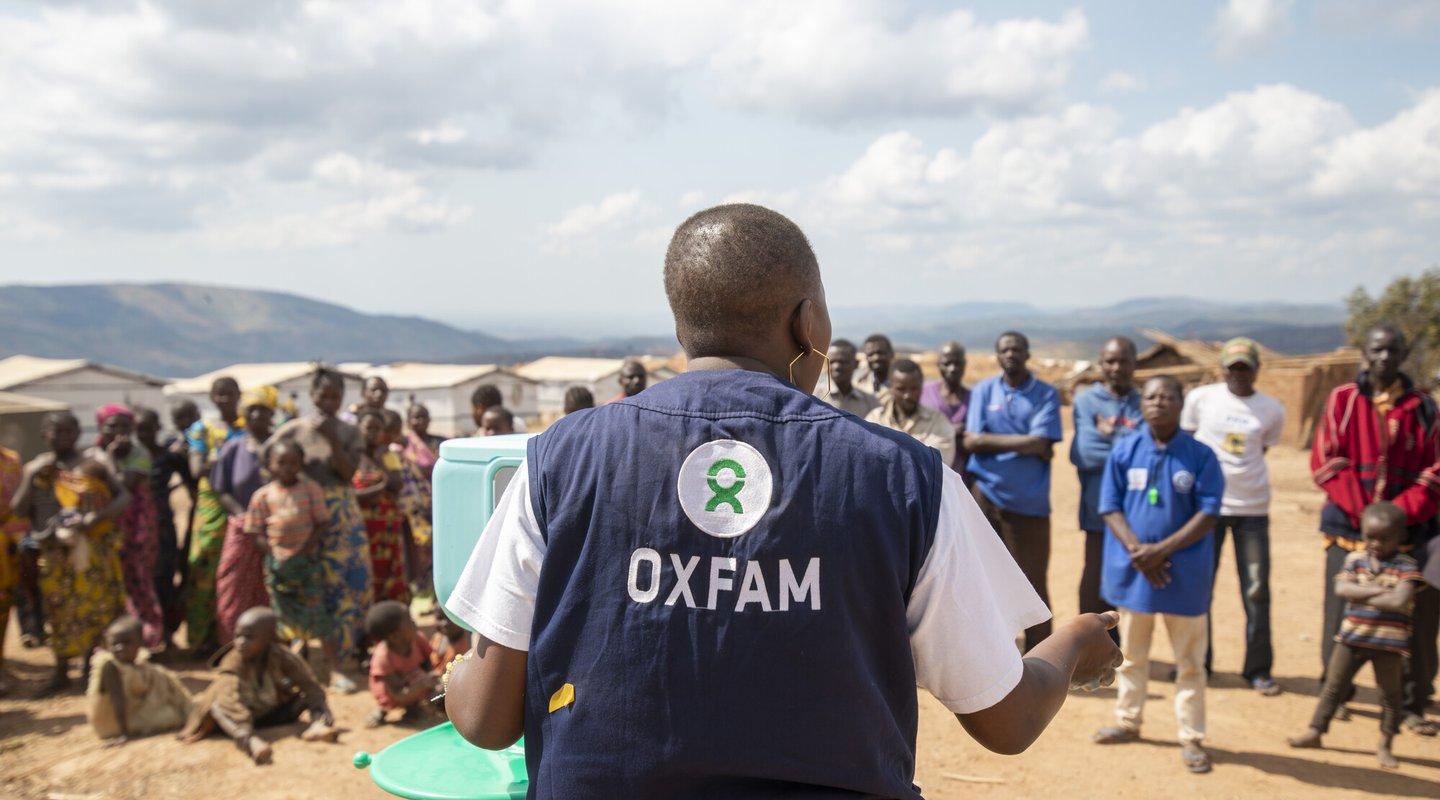Please give what you can today
DRC Crisis Appeal
Renewed fighting around the city of Goma and across North and South Kivu in the Democratic Republic of Congo (DRC) has displaced millions of people. The rebel group M23 has occupied large part of the city of Goma and Bukavu, triggering a severe humanitarian crisis. Over 21 million people are in desperate need of aid.
“Every day, the situation is getting worse. We are seeing first-hand the devastating impact that this conflict is having on vulnerable communities. Some of these families have been displaced for the seventh time, with no immediate means of support. The most basic needs for survival — food, clean water, medical care, blankets and protection — are in short supply, and humanitarian aid is yet to reach them.”
Manenji Mangundu, Country Director of Oxfam in the DRC
